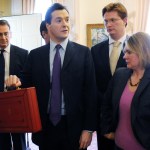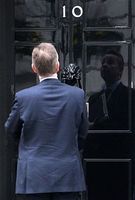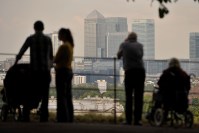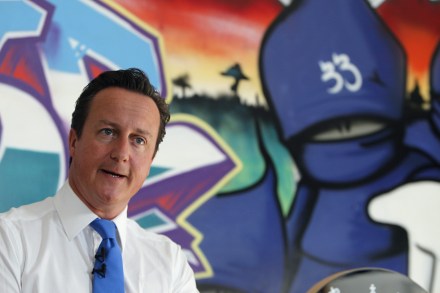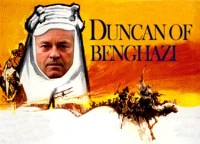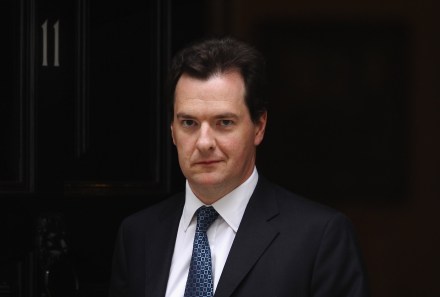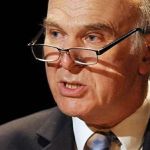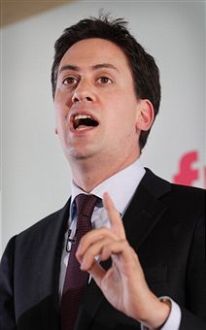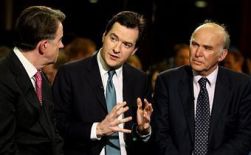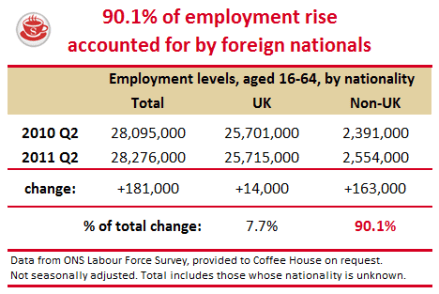There’ll be no u-turn on planning
This government has developed rather a reputation for u-turning. But I would be extremely surprised if it did one over its planning reforms. When you talk to ministers and advisers one is struck by how up for this fight they are. They’re convinced that it is only by taking on these vested interests that they’ll get their message across to the public. And unlike on forests or the NHS, Number 10 and the Treasury are fully on board. There are those who claim that these reforms are profoundly un-conservative. But, in fact, the opposite is the case as Charles Moore argues with his typical eloquence in today’s Telegraph. As Charles



